The Forgotten Teachings of Luigi Taparelli

For the nineteenth-century Italian Jesuit Luigi Taparelli, social justice is not about redistributive justice by government fiat. Nor is it linked to some idea of absolute social or economic equality, as in progressive parlance. Instead, social justice according to Taparelli must be grounded in the principle of subsidiarity and linked to a theological understanding of economics.
Baptism and the Crisis of Modern Selfhood

Among the ruins of family and faith, amid gender deconstruction, surrounded by endless intersectional identities, and with countless constructed categories being hastily erected in their place, where can a sure and stable identity be found?
Embracing Our Limits: Dedication in a World of Endless Choice

Millennials and Gen Zers have been subjected to decades of social messaging that the good life is predicated on fostering unbounded dreams, reaching for ever-towering heights of achievement, and “changing the world.” Two new books push back against this narrative, urging readers to make a stand against the chaos and vapidity of our world by delineating a small corner of it that will demand our care and attention, making choices that limit yet enrich our existence.
Thinking Beyond Roe: The Bible, Orthodox Judaism, and Sexual Virtue

While the legal end to abortion will be an important step in the pro-life movement, we also need to shift away from the sexually permissive culture that has resulted in high demand for abortions. Modern feminism’s widespread dissatisfaction with the “anything goes” approach to sex could spell renewed interest in restraint, commitment, and even the good of children—all themes and virtues that the Bible displays with wisdom.
Our Plastic World—And Plastic Selves

The collapse of traditional, external anchors of identity—perhaps most obviously those of religion, nation, and family—explains the attraction of the turn inward. The rise of technology feeds the notion that we can bend nature to our will, that the world is just so much raw, plastic material from which we can make whatever meaning or reality we choose. We no longer think of ourselves as subject to the world’s fixed nature, or of it as having an objective authority or meaning. We are the ones with power, and we are the ones who give the world significance.
Why Addressing Climate Change Should Be a Top Conservative Priority

We are not isolated individuals, free to create our own moral codes and obligations based on our preferences, desires, self-identifications. We enter a world already tied up with pre-existing relationships, duties, and obligations. These are basic principles of conservatism. Given the drastic environmental changes awaiting future generations, conservatives ought to start considering climate change a top priority.
Fictions and Lies in a Lawless Age
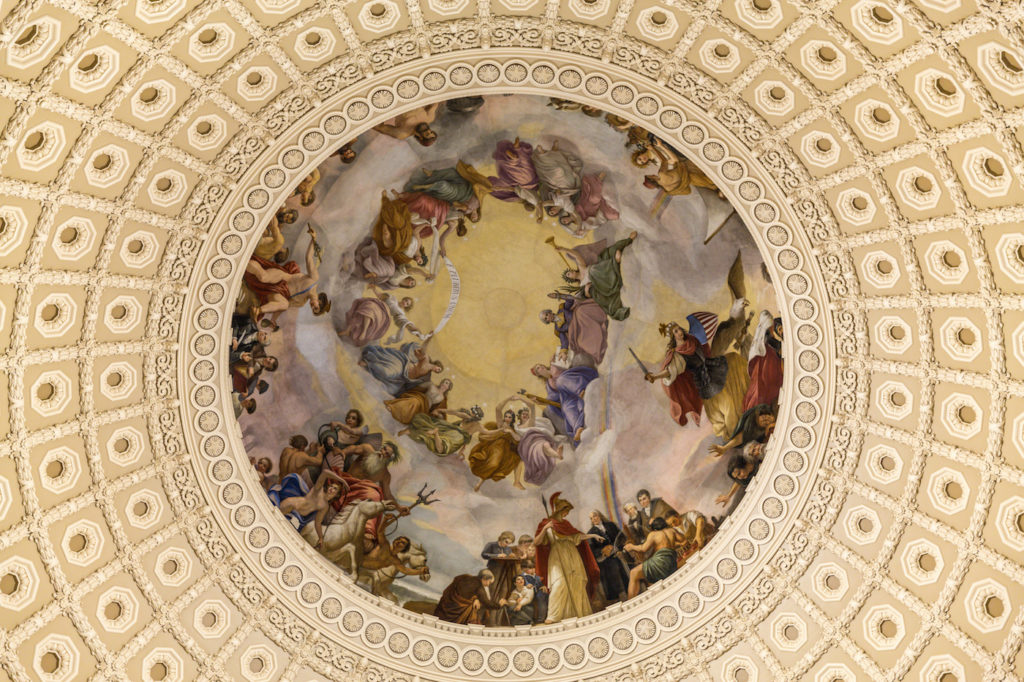
The law must stand above the powerful, and we should worry when the law is suspended or disregarded. But where is the law to be found? Most of the law consists of important fictions which live in the minds of lawyers. But what makes the fiction plausible? And how is the law’s benefit to be assessed unless we measure it against fixed, non-conventional, non-fictional standards of justice?
What Makes a Man: Reflections on the Virtues of Manhood

Given that there are natural sex differences, it’s no surprise that those differences include some tendencies that can cause problems. This is true for both men and women. Yet the tenor of contemporary academic discussions about men, such as in the discourse about “toxic masculinity,” is much more negative. Properly understood, however, the problematic tendencies within the male condition actually present opportunities for virtue. Thus, they can form the foundation of a positive conception of manhood centered on the virtues of gentlemanliness, moral courage, and chastity.
Rethinking Politics with Augustine’s City of God
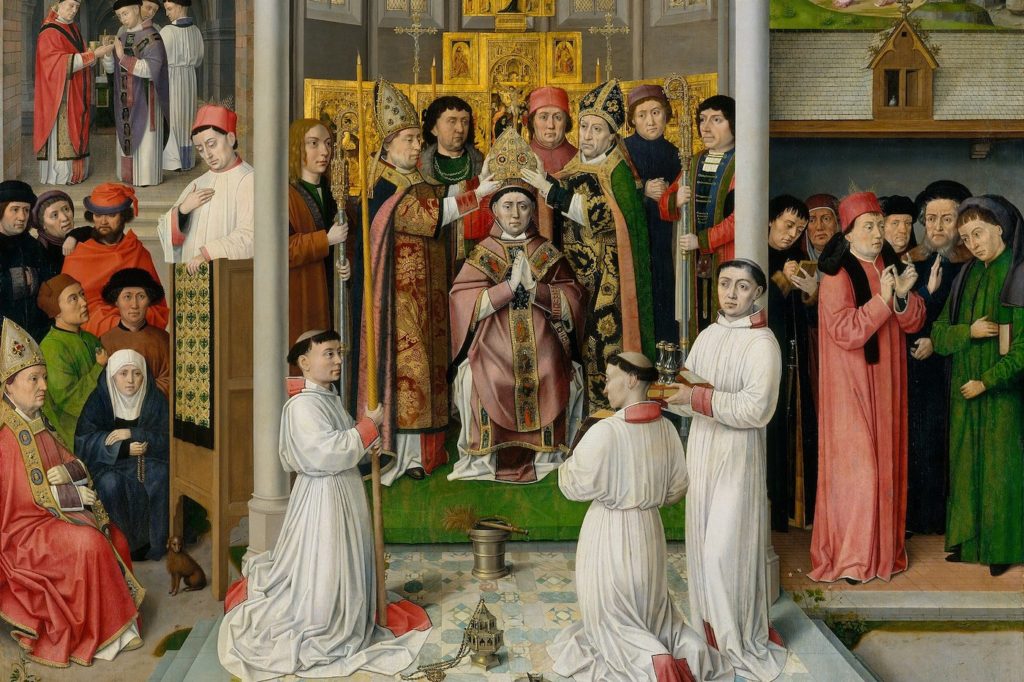
Veronica Roberts Ogle’s 2020 book, Politics and the Earthly City in Augustine’s City of God, shows that Augustine’s critique of the earthly takes place within a broader sacramental vision. He aims at purging amor sui and orienting it toward amor Dei, cleansing our souls of the lust for securitas. Politics can only be improved by personal responses to grace—which no political institution can hope to generate. Improvement of political spaces must occur beyond politics.
Is Sex Political?

Amia Srinivasan’s The Right to Sex, published last September, explores not only the question of sex and to whom it is owed, but also the rise and corporatization of the modern feminist movement, among other topics. Some of Srinivasan’s arguments sound surprisingly conservative, but others remain mired in the reductive view of politics and power that has plagued feminism for years.
Youthful Cynicism and Dostoevsky’s Case for Hope
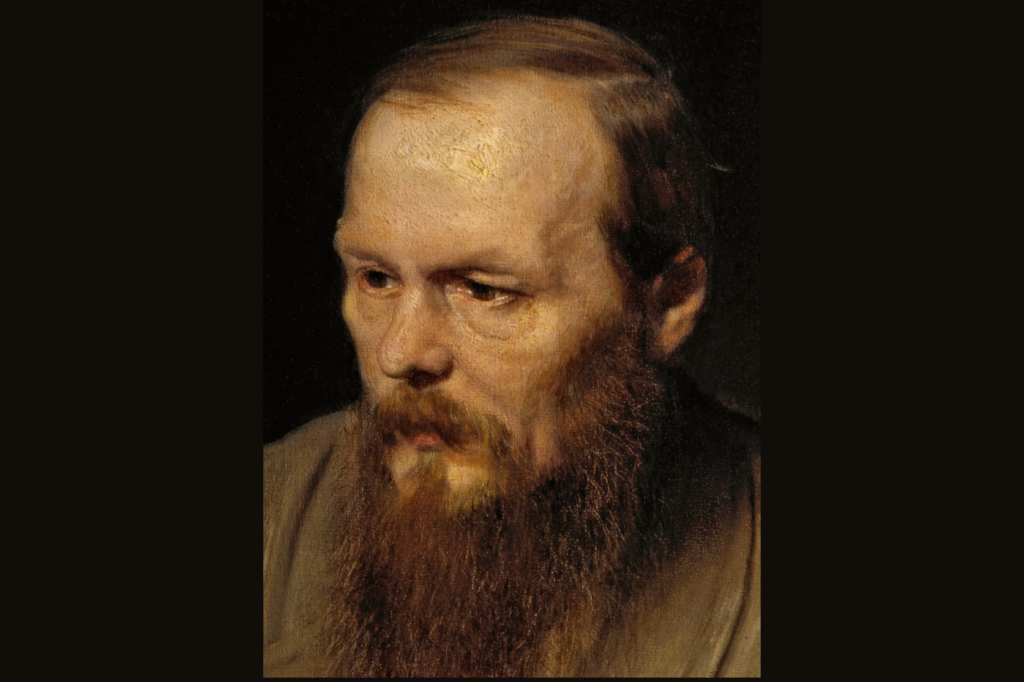
Why do we choose to believe in a framework where suffering and violence are the most fundamental reality of the world? How can pain and grief coexist with the small joys that we experience daily?
The End of the Pandemic

Perhaps the end of the pandemic is not a matter of eliminating COVID-19 but rather coming to terms with our own mortality. We need to learn how to survive and thrive in the pandemic, even as we try to mitigate the effects of the virus. For guidance, we can turn to Tolstoy’s Ivan Ilyich, who was delivered from his anxious, tormented bondage by conquering his fear of death and adopting selfless concern for others.
The Bookshelf: A Little Help from My Friends

Anyone who has spent his life in the academy, as I have, has reason to keep his mind open and his interests broad—namely, friends who write. My professional association over the last dozen years with the Witherspoon Institute and Princeton’s James Madison Program has introduced me to a dazzling array of brilliant and productive minds. No, I don’t want my writing friends to stop. They have given me much to ponder, and I look forward to what they will all write next.
The CCP’s Fake Democracy: How the CCP Controls China and Fools the World (Part II)
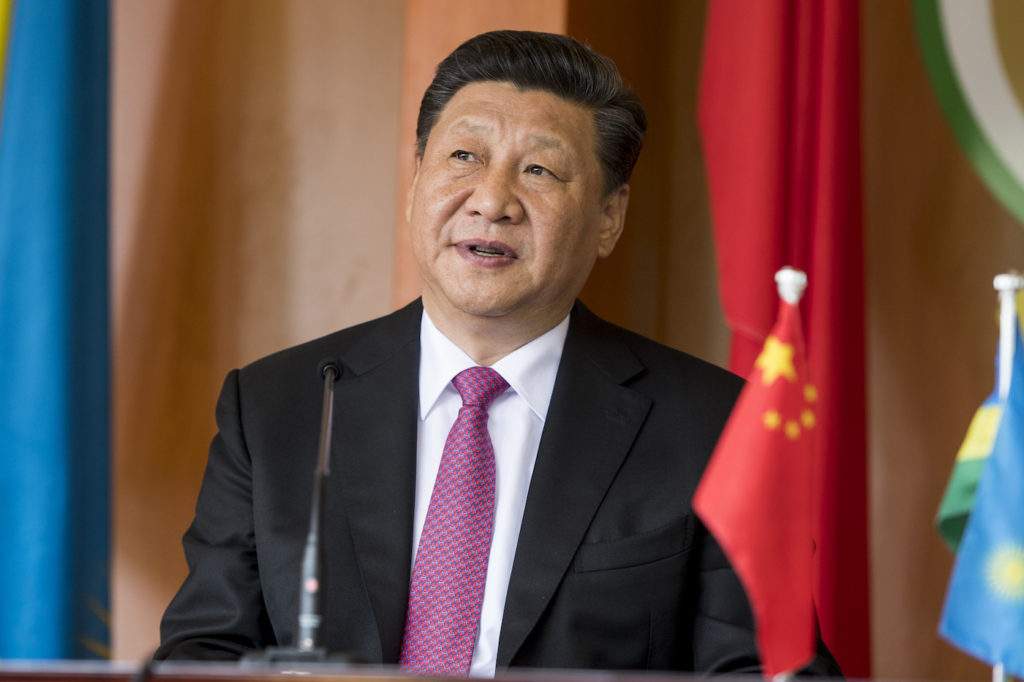
In the first part of this essay, I showed how the CCP persecutes individuals, and discussed the CCP’s structural control of the government and the nation. In this second part, I will compare the U.S. democratic system with the CCP regime to more clearly demonstrate how one-party rule results in authoritarianism.
The CCP’s Fake Democracy: How the CCP Controls China and Fools the World (Part I)
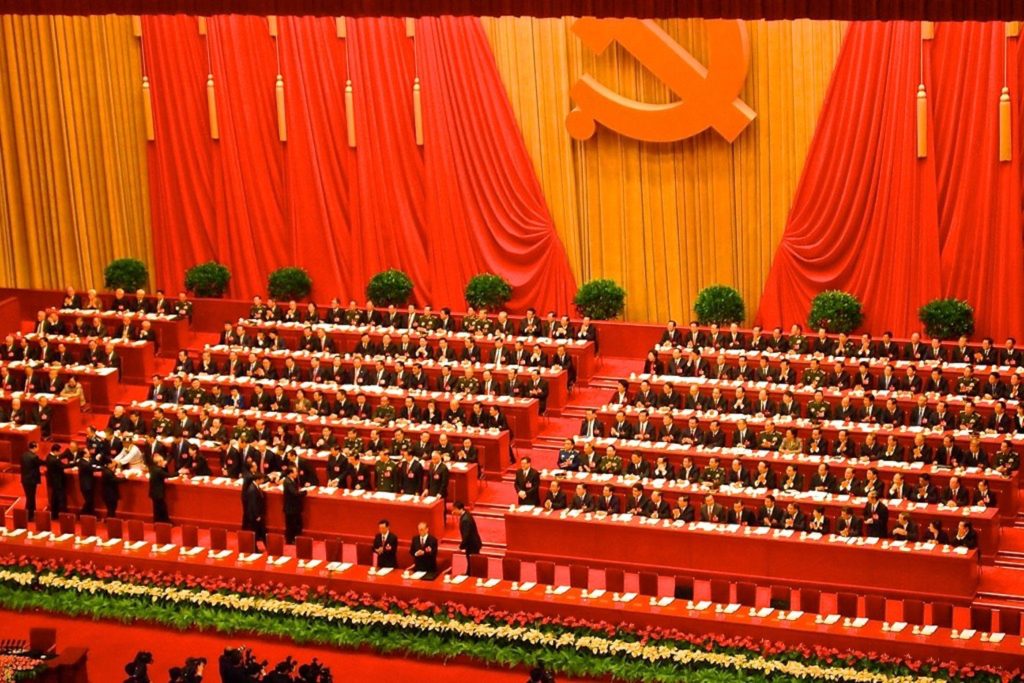
The CCP regularly employs violent tactics to persecute and silence its opponents and operates with impunity as a shadow power. China’s political structures enable it to maintain monolithic control of the nation. By discussing my own experience under the CCP and shedding light on its opaque structures, I hope to show that comparing the CCP’s authoritarian regime with democratic governance is like comparing barbarism with civilization: there is no comparison.
Can Truth and Democracy Co-Exist?

Democracy Rules (2021) is Jan-Werner Müller’s attempt to explain populist authoritarianism, while at the same time setting out what he believes are the true pillars of liberal democracy. But he does so, understanding that democracy always operates under the handicap of uncertainty.
A Conservative Case for (Voluntary) COVID-19 Vaccination

Freedom is certainly a value conservatives cherish, but its application has limits. It is not conservative to assert an individual right to act without considering the welfare of his community. Conservatives should choose to get vaccinated and boosted because doing poses almost no risks to their health and is in their community’s interest.
Higher Education Yesterday, Today, and Tomorrow: A Conversation with Baylor University’s Thomas Hibbs
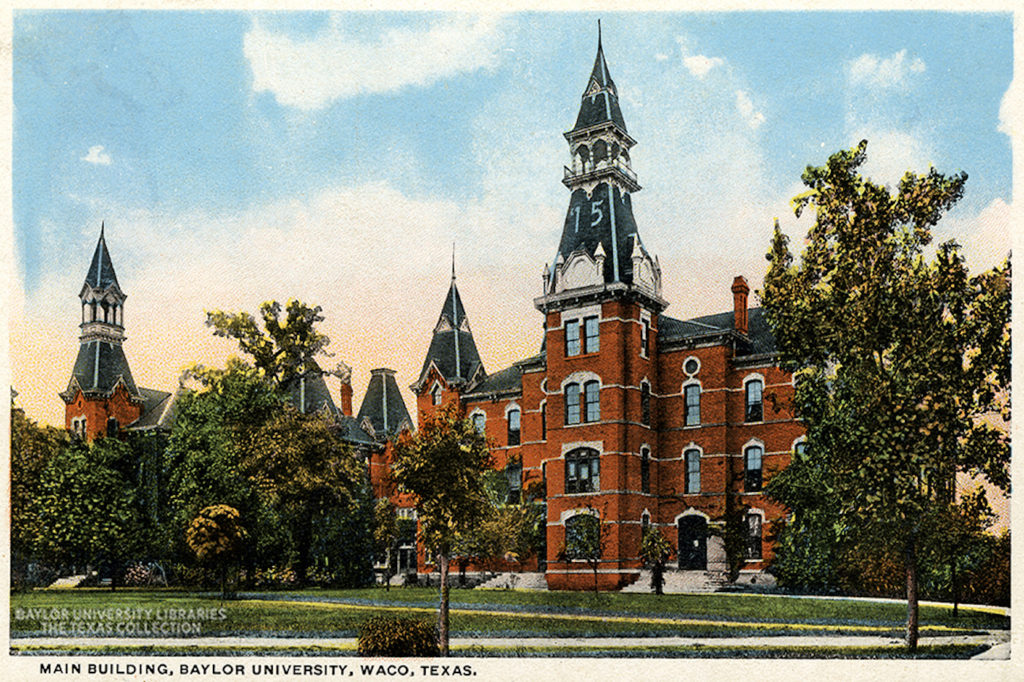
The continuity between administration and teaching for me has always had to do with the question of the moral, intellectual, and spiritual development of young people. Finding creative ways to meet students where they are and draw them into the most important questions is a source of endless fascination for me. When it comes to education, it may be the case that, as Alasdair MacIntyre argues, the only way to carry on sustained debate is from within and between rival traditions, assuming, that is, that members of a particular tradition are genuinely interested in engaging perspectives quite different from their own.
Progressive Nationalism

Today’s progressive nationalism is secular, yet it also relies on popular adherence to the civil religion of the left. There are two prominent manifestations of this civil religion—critical race theory’s (CRT) philosophy of history and the LGBTQ movement’s anthropology. We see evidence of this secularized-yet-religious nationalism in many places—media, bureaucracy, Hollywood—but perhaps it is most readily apparent in education.
The Demographic Future of Humanity: Social Change (Part III)
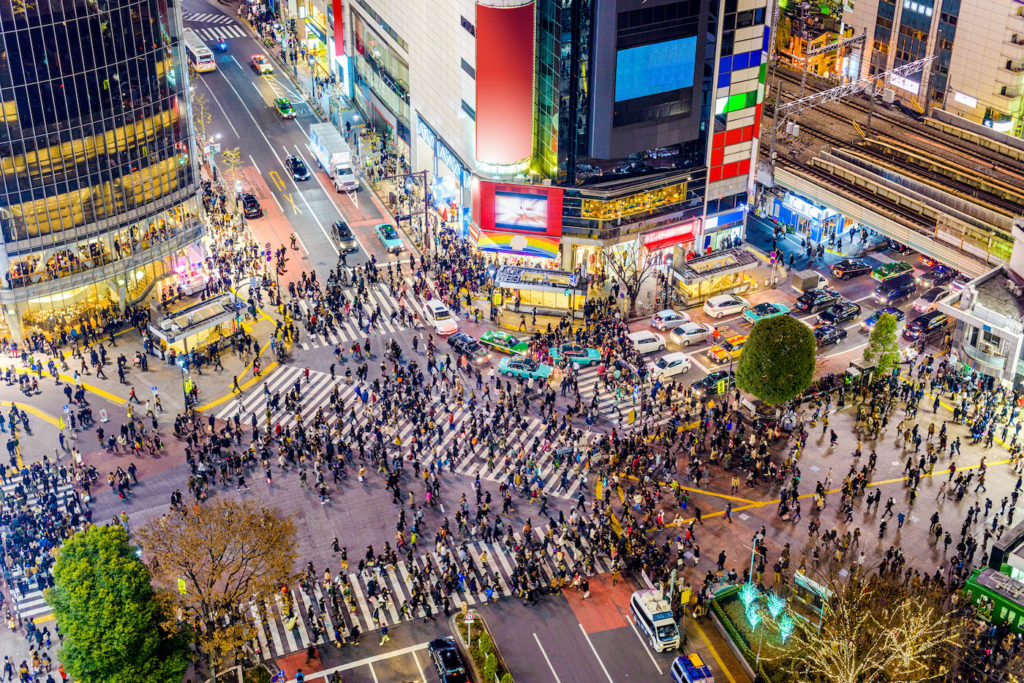
Precisely because our demographic future is uncertain, we should be even more careful and consider all scenarios. Many children grow up surrounded by a high number of adults, but with very few children in their family environment. Many regions, especially rural ones, will begin to run into problems in providing basic public goods, such as universities or hospitals, which require certain minimum sizes to operate with reasonable efficiency. The housing market, higher education, and electoral distribution will all be dramatically impacted by these demographic changes.




